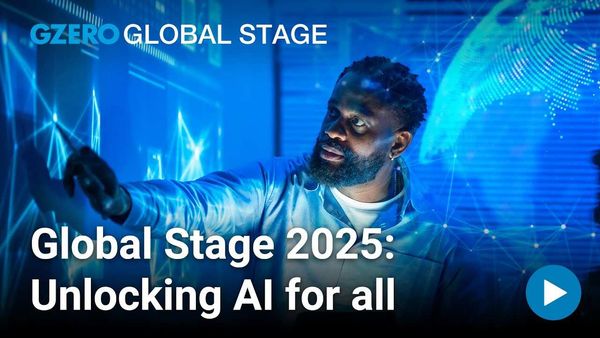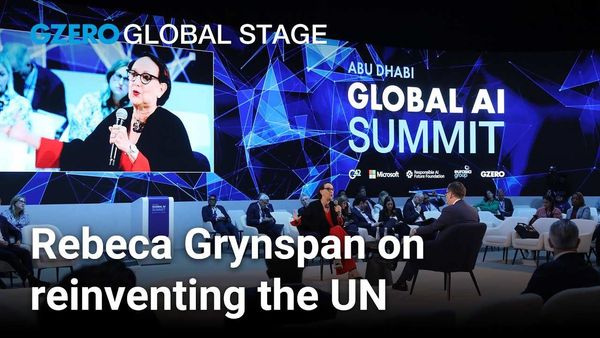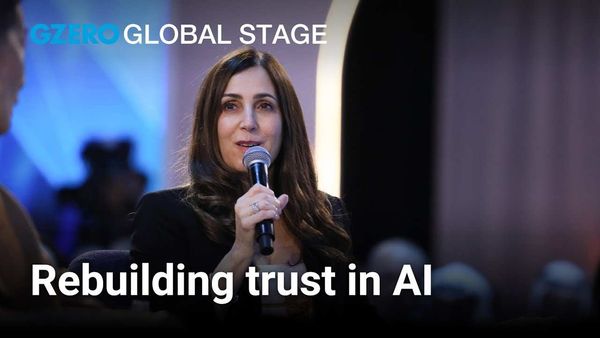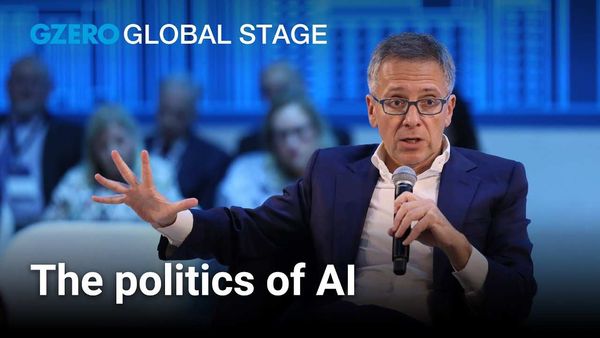In a GZERO Global Stage discussion at the 7th annual Paris Peace Forum, Dr. Comfort Ero, President and CEO of the International Crisis Group, shed light on the increasing elusiveness of global peace amid rising conflicts worldwide. She pointed out a "crisis of peacemaking," noting that comprehensive peace processes and settlements have become rare, with the last significant one being in Colombia in 2016.
"We are in the era of big power rivalry and a multipolar world where there are more actors piling in... competing interests, competing visions," Dr. Ero explained. She emphasized that traditional tools for nudging conflicting parties to the negotiation table, such as sanctions, are no longer effective, and the United Nations Security Council is becoming increasingly dysfunctional.
Highlighting the complex situation in Sudan, Dr. Ero described it as a significant crisis that lacks the media attention given to conflicts like those in Ukraine and Gaza. "We're talking, by the way, 20 years on from Darfur when we said never again. And here we are, and Sudan is on the verge of collapse," she warned. The conflict has led to millions being displaced and a dire humanitarian situation, with neighboring countries like South Sudan and Chad bearing the brunt of refugee inflows.
On the topic of United Nations Security Council reform, Dr. Ero was skeptical about the permanent five members relinquishing their veto power or extending it to others. "The P5 will jealously guard the veto power and will make sure that that is not watered down," she observed, raising questions about the Council's influence in the future.
This conversation was presented by GZERO in partnership with Microsoft at the 7th annual Paris Peace Forum. The Global Stage series convenes heads of state, business leaders, and technology experts from around the world for critical debates about the geopolitical and technological trends shaping our world.


















